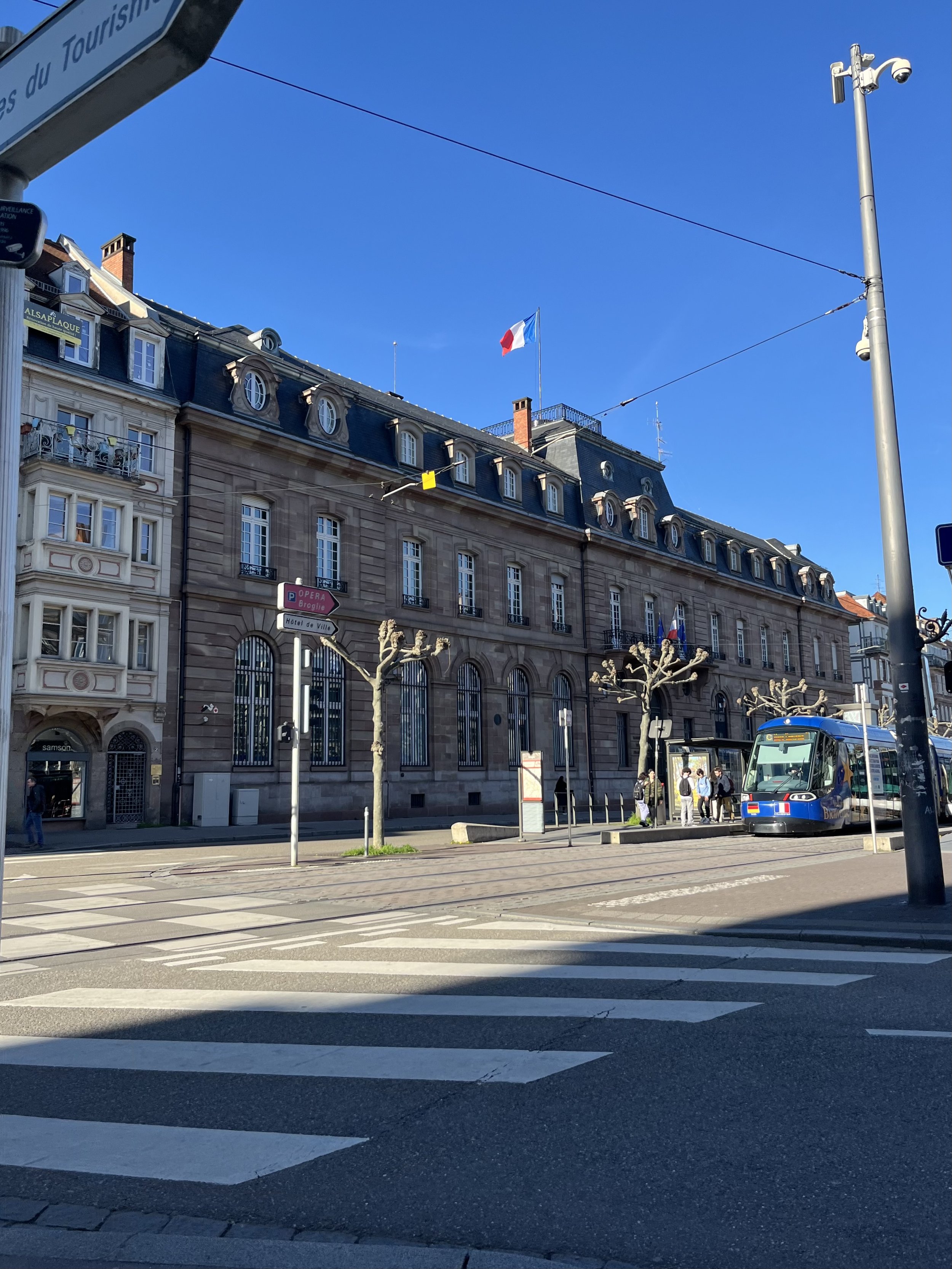Learning and living in your language on your year abroad
Photo Credit: Anna Bates
Only a little over a year ago, I was preparing to embark on my year abroad, nervously anticipating the upheaval that my life was about to go through. As if moving to another country with limited luggage space and inordinate unknowns (Would I make any friends? Was my cooking really good enough to sustain myself?) was not enough of a challenge, one of the main roots of my anxiety was the primary reason for the year abroad itself: using the language. I had only been on a couple of trips to France for a combined fourteen days before, and then I had had the benefit of being able to subvert the anglophone stereotype by actually being able to interact in the local language if I was feeling confident, but always having the option to revert to clueless tourist mode if things got too difficult. Now, however, I would be going about my day-to-day business alongside the natives, and the fear of making a linguistic fool of myself was intense.
One of the first eye-opening moments occurred in a language course for international students before the semester began. After going through some tricky grammar points like the imperfect subjunctive and unusual simple past forms, the teacher presented us with a short segment of some “real”, spoken French, with an example of what a couple of students might say to each other. You could almost hear everyone’s perception of their knowledge of French shatter. It turned out that rules that had been drilled into us since the beginning of learning this language were flipped on their head in casual speech. The bombshells included that the ne before the pas in negation was dropped more often than not, and that verlan was not virtually exclusive to the Parisian banlieues as some of my schoolteachers had suggested, but would crop up in the everyday language of many speakers. While I had heard of these things before, they had always been painted as misuses of the language that should be ignored , which meant the native teacher telling us that this was what we would definitely encounter truly stunned me. At this point, I really wondered if I actually “spoke French”, or if I had been recreating an essentially fictional language which only existed in the imaginary world of textbooks.
Photo Credit: Anna Bates
Attending classes with French students did somewhat prove my fears well-founded. Even after hearing the warning of the language course teacher, I was still surprised by the way that everyone interacted in a classroom setting. I had imagined that the sort of things that she had described would be reserved for corridor chats and murmurs in the back of the class, but not even the teachers and staff spoke in a much higher register. When I had to introduce myself in a class, I could suddenly hear how out of place I sounded – my language was fluent enough, maybe a little shaky, but it was so painfully formal. It was at that point that I could tell that I needed to take some action.
Something that I could have never predicted was that the key to fluency would be learning, and reinforcing “bad habits”. Gone was the ne from negation, je had to become j’ no matter what followed it, est-ce que was the only way to start questions (because inversion would sound outrageous!), and bah or du coup replaced any moments of silence. To begin with, I felt ridiculous, like I was putting on some kind of charade, and everyone would think that I was trying too hard. In fact, though, it worked in the exact opposite way, as it immediately seemed less like I was in fear of the language. There came a point where I no longer felt silly, because I was just communicating in the same way as the native speakers and had finally moved away from becoming the personified grammar book. The stress of random everyday conversations faded away, and I no longer found myself rehearsing every possible line of an interaction ahead of time, which was unbelievably freeing.
In the span of a year, my relationship with the French language went from a cautious use to something which was ingrained within me. In some ways, I do feel a little sad about skills that I almost seem to have lost. In a class presentation that I had to give towards the end of the year, I was struggling to spontaneously express ideas with interesting vocabulary, and felt like I was trying to summon the second year within me who would have been entirely overwhelmed if someone had dropped “wesh, c’est ouf!” into a conversation. Nevertheless, even if my ability to analyse a political issue with an impressive and varied range of structures may be worse now than it was two years ago, I would not trade the skills I developed for anything. With unlocking the skills of everyday conversation, you unlock something far more valuable: the ability to truly express yourself in another language, which, in my opinion, is one of the most rewarding experiences that the year abroad can grant.

